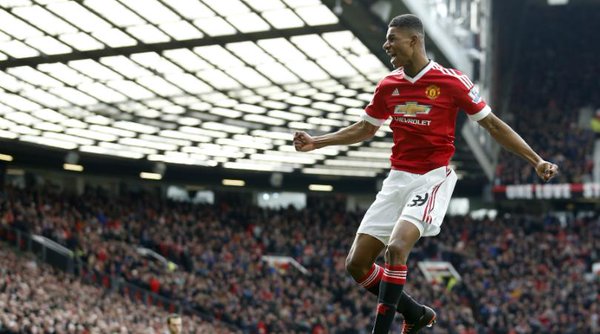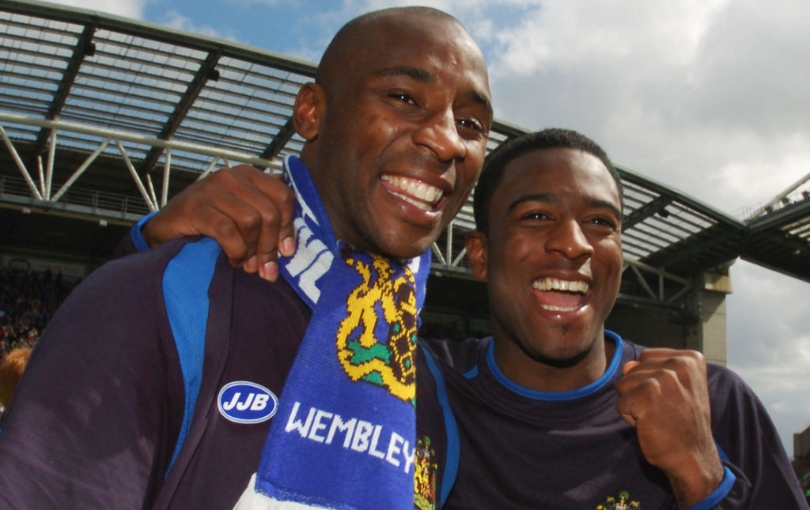Michael Cox: Arsenal lacked a central midfielder with guile at Old Trafford
Forget all that rubbish about the Gunners lacking heart and so on. They just need Cazorla back and decent cover...
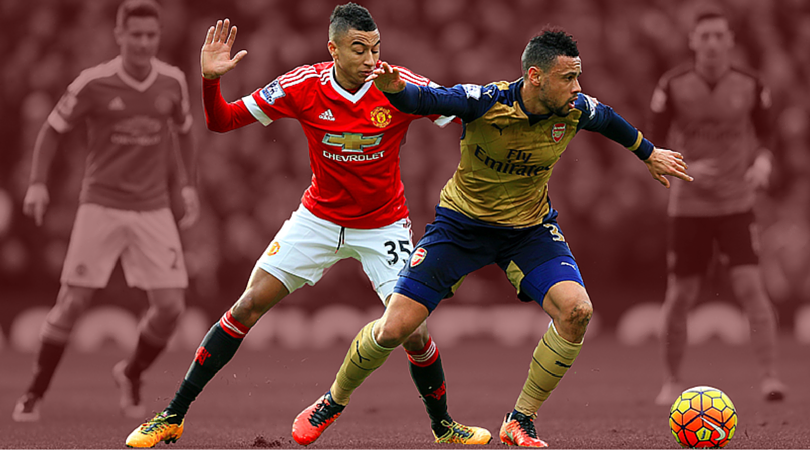
Another big game for Arsenal, and another poor performance. A Manchester United team using two central midfielders at centre-back – and an assortment of youth team players – managed to win 3-2, leaving the Gunners five points behind in the title race.
This was a damning defeat. More than a lack of character, or a lack of tactical acumen – the usual explanations for Arsenal’s underperformance in big games – what Arsenal really lacked was a dominant central midfielder, a deep-lying playmaker who could put Arsene Wenger’s side on the front foot and help the away side pile on the pressure.
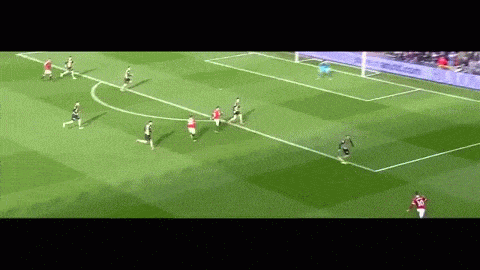
Arsenal were trailing for an hour. For a whole 60 minutes, the onus was upon them to push forward and get back into the game, but there was a distinct lack of concerted pressure on the Manchester United goal, rarely spells where United were pinned back inside their own half.
The Gunners dominated possession – 61% over the course of the game – but more revealing is precisely which Arsenal players had this possession.
Playing out from the back
Arsenal’s two most frequent passers of the ball were Gabriel, who made 89 passes, and Laurent Koscielny, who made 72. Arsenal’s two most frequent passing combinations were simply the two centre-backs knocking square passes between one another. Koscielny, the better of the two in possession, noticeably struggled to play good forward passes into holding midfielder Francis Coquelin: just three.
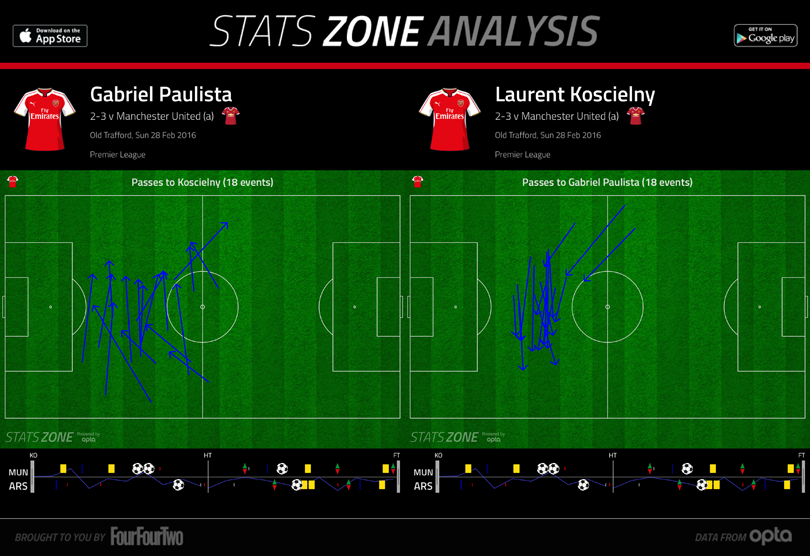
Coquelin is a fine defensive midfielder with excellent tackling ability, but he’s not the type of deep-lying midfielder Wenger has generally preferred in recent years
This was Arsenal’s major problem when attempting to get back into the game. Coquelin is a fine defensive midfielder with excellent tackling ability, and he’s improved positionally too, but he’s not the type of deep-lying midfielder Wenger has preferred in recent years. The likes of Denilson, Alex Song and Mikel Arteta have usually played that role, and while questions have been asked about their defensive qualities, all were natural ball players who helped Arsenal dominate.
Get FourFourTwo Newsletter
The best features, fun and footballing quizzes, straight to your inbox every week.
Aaron Ramsey had a decent game – but he’s about storming forward into attack, looking to link with, and run beyond, the four attackers. In his younger days he concentrated more upon putting his foot on the ball and helping to gain control, but nowadays he’s not a specialist at dictating play.
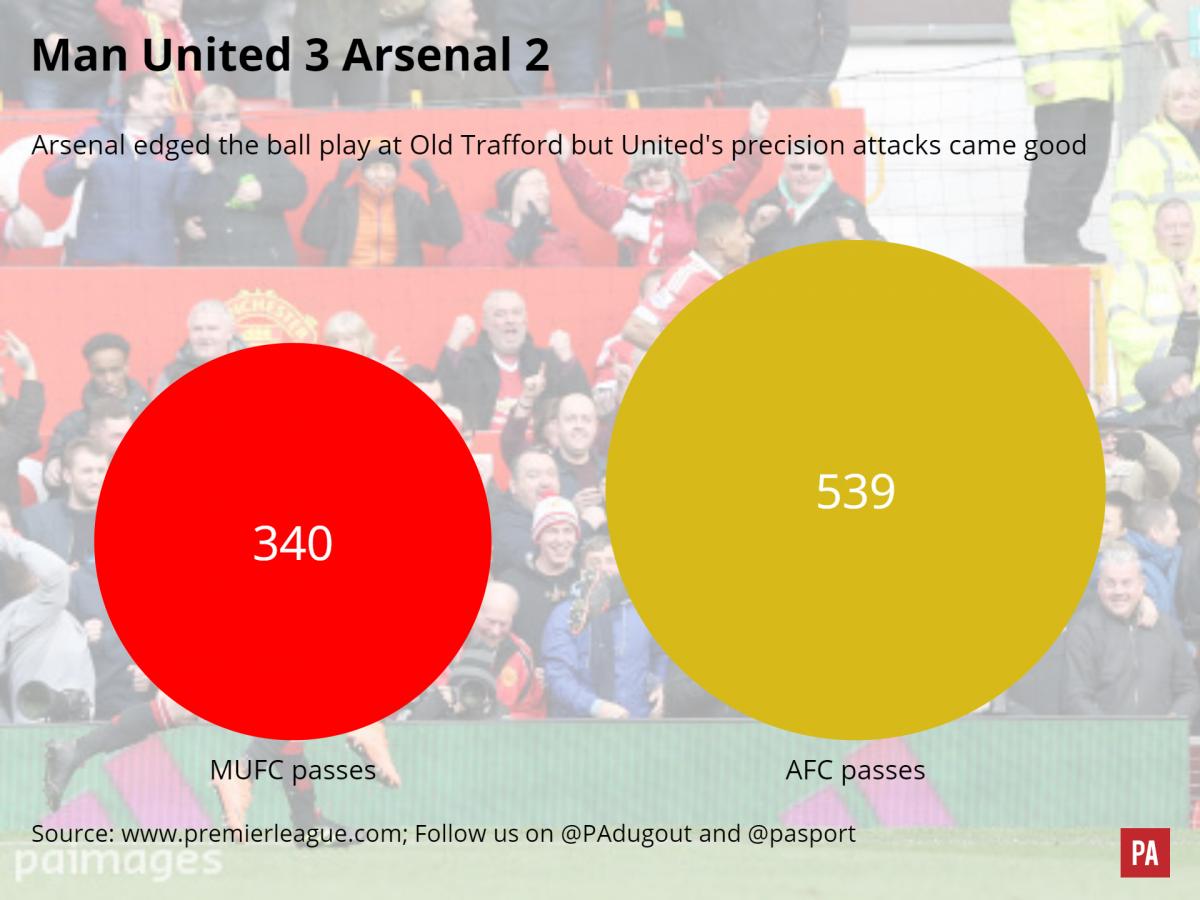
Cazorla badly missed
Therefore, it was notable that Arsenal badly missed their two Spanish midfielders, Arteta and Santi Cazorla. The latter would have been ideal, of course: since his move into a deeper position, Cazorla has been excellent at commanding matches, capable of turning away from challenges and pushing his side forward.
A fully-fit Arteta, too, would have been a valuable asset, and perhaps the major difference between Arteta and Coquelin, in terms of their possession play, is how they receive passes.
Arteta is constantly on the move in deep positions, varying his position to find space away from opponents, and is clever at receiving the ball in a position to play the next pass immediately. Coquelin isn’t so intelligent at finding space, and usually needs a couple of touches before distributing it out wide. He only received 27 passes, and played 30, in his 70 minutes on the pitch.
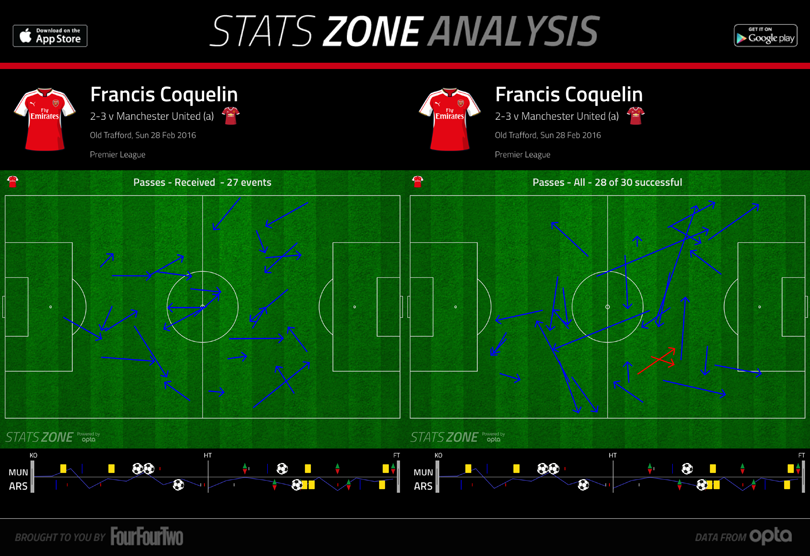
Elneny off the pace
Coquelin’s inability to command the game was precisely why Wenger decided to summon Mohamed Elneny with 20 minutes remaining. The Egypt international, a January recruit from Basel, is theoretically a ‘hybrid’ deep-lying midfielder, blending the defensive security of Coquelin, and the distribution skills of Arteta.
This was a tough Premier League fixture to debut in, however, and Elneny understandably struggled to cope with the pace of the game. It was, however, worth a gamble from Wenger.
Amid plenty of focus on their traditional weakness, it’s often assumed that Arsenal are always good at their traditional strengths, like their midfield passing. But with the Gunners unable to move the ball quickly from deep, they made it far too easy for Manchester United to get into their defensive shape.
Arsenal didn’t stretch United, didn’t attack in behind them, and didn’t penetrate their midfield frequently enough from deep. That, more than anything else, should be Wenger’s real concern.
More features every day on FFT.com
Analyse Manchester United 3-2 Arsenal yourself using Stats Zone
STATS ZONE Free on iOS • Free on Android
